Anthony Albanese warns of Reserve Bank ‘overreach’ on rates
Anthony Albanese warns the Reserve Bank against ‘overreach’, as Philip Lowe says rates will jump to at least 2.5 per cent in months.
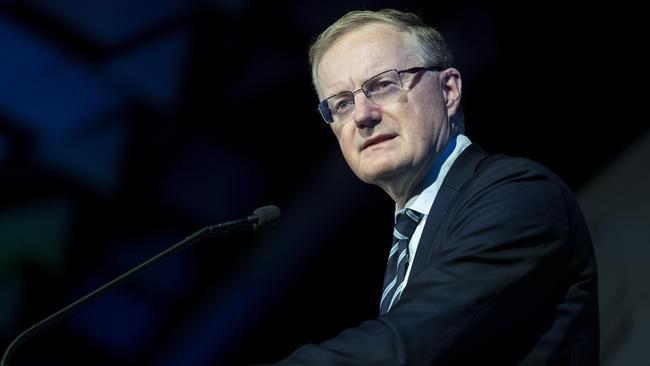
Anthony Albanese has warned the Reserve Bank against “overreach” in its race to tame surging inflation, as RBA governor Philip Lowe gave his strongest signal yet that rates would need to jump to at least 2.5 per cent over coming months.
With economists predicting rates would rise above 3 per cent, the Prime Minister said sharply higher borrowing costs would place “real pressure on people”, and while he recognised the -central bank’s independence “they need to be careful that they don’t overreach as well”.
In a speech to The Australian’s Strategic Business Forum, Dr Lowe said further rate hikes above the current 1.35 per cent would help establish a “more sustainable balance between demand and supply in the economy’’.
He said a rate of 2.5 per cent was probably the “neutral’’ cash rate but it was likely to be “higher than that if inflation expectations shift higher’’.
The RBA was “not on a preset course” on monetary policy but was “determined to bring inflation back to 2-3 per cent over time”. He said the key would be how households responded.
Dr Lowe defended his board’s decisions through the pandemic to drop rates to 0.1 per cent, even as he conceded that the bank’s “very strong insurance mindset” in the face of an unprecedented health crisis had resulted in a degree of over-stimulus that had contributed to the generational inflationary challenge facing the nation.
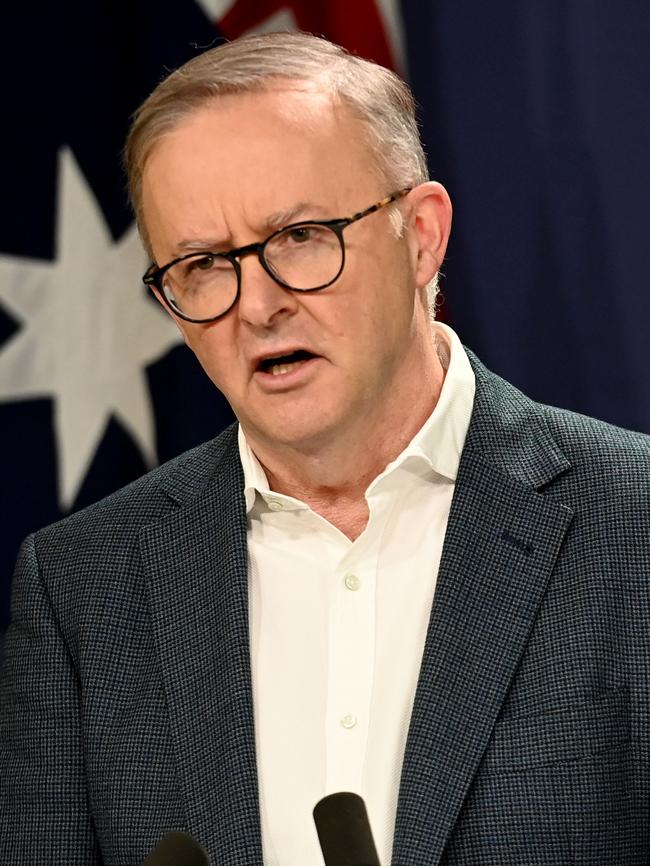
“Looking at this experience with hindsight, I can understand why some people might conclude that too much support was provided by governments and central banks,” he said. “At the time the decisions were made, the outlook was dire. We wanted to do what we could to provide insurance for Australians against the potentially catastrophic economic consequences of the pandemic.
“I recognise, though, that while this approach meant we avoided some damaging long-term scarring, it has contributed to the inflationary pressures we are now experiencing.”
Overseas factors including the impact of Covid-19 on supply chains and, more recently, the Ukraine war’s impact on fuel and energy prices globally, had made a large contribution to surging consumer price growth, which is anticipated to reach over 7 per cent by the end of this year.
Jim Chalmers, who on Wednesday announced a root-and-branch review into the central bank’s operations and performance, appeared to give the RBA policy room to raise rates more slowly, flagging government interventions that could help tame the rise of inflation. The Treasurer said more access to childcare and boosted investments in skills, training and the digital economy would play a key role in easing cost-of-living pressures.
Dr Chalmers emphasised that monetary policy alone would not address many of the factors that had driven prices higher this year.
“Higher interest rates can’t stop a war or grow more food or produce more oil. They can’t fix a skills shortage, improve flatlining productivity, or repair a broken energy market,” Dr Chalmers said. “If we ask central banks to solve this problem on their own, then … we are asking for a hard landing.”
Economists expect that the RBA will deliver its third consecutive rate hike of 0.5 percentage points when it next meets on August 2, and that the central bank’s key policy rate will continue to climb, potentially as high as 3.35 per cent by November.
Next Wednesday’s consumer price index report for the June quarter looms as a key data point ahead of Dr Chalmers economic update to parliament the following day.
Dr Chalmers said the RBA review, which will be led by a panel of three experts, was “about renewing and revitalising the central bank, not revolutionising it”.
He repeated that while the central bank’s decisions through the pandemic would be scrutinised, it was not about taking “potshots” at the bank.
The Treasurer flagged that the central bank’s 2-3 per cent inflation target mandate would likely remain a bedrock of the RBA’s monetary policy operations. “My personal view is I haven’t yet had proposed to me a version of an inflation targeting regime which is better than the one that we have,” he said. But he added: “I’ve got an open mind to that change and other perspectives on that.”
Dr Lowe said he “welcomed” the review, and that it was an entirely appropriate exercise in the light of the past two years, likening it to a “health check”.
“It is an opportunity to take stock of our monetary policy arrangements and make sure that they are fit for purpose for the challenges ahead. We look forward to participating in this process and listening to and learning from others.”
But Dr Lowe said “in most other countries that have reviewed their inflation targeting arrangement, they’ve come to the conclusion a flexible inflation target centred somewhere around the 2 per cent mark is the best we can do”.
“I don’t want to prejudge the conclusion of the review, but I think the general conclusion that flexible medium term inflation targeting is the right monetary policy framework is a pretty robust conclusion,” he said.
As households with mortgages braced to pay hundreds of dollars in higher monthly repayments, Mr Albanese told 3AW Radio that the RBA would “make its decisions based upon their assessment of where the economy is at”.
But he urged the central bank against going too far, noting it had previously erred in telling Australians rates would stay at low levels out to 2024.
“Of course, the Reserve Bank declared a while ago – and they’ve conceded the error – that interest rates would stay at extraordinarily low levels for a period of years up to 2024. And that hasn’t been the case,” he said.
Rich Insight principal Chris Richardson said Mr Albanese “wasn’t the first prime minister, nor will he be the last” to make public comments on how the central bank should act.
“The Prime Minister may very well be right about ‘overreach’, but all Prime Ministers need to be on their best behaviour when saying anything around interest rates, because the central bank’s independence is incredibly valuable to Australians,” Mr Richardson said.
Mr Richardson said there was a risk the central bank went too far, triggering a recession. But equally, there was a risk they responded too cautiously to inflation and allowed it to become entrenched in the economy.



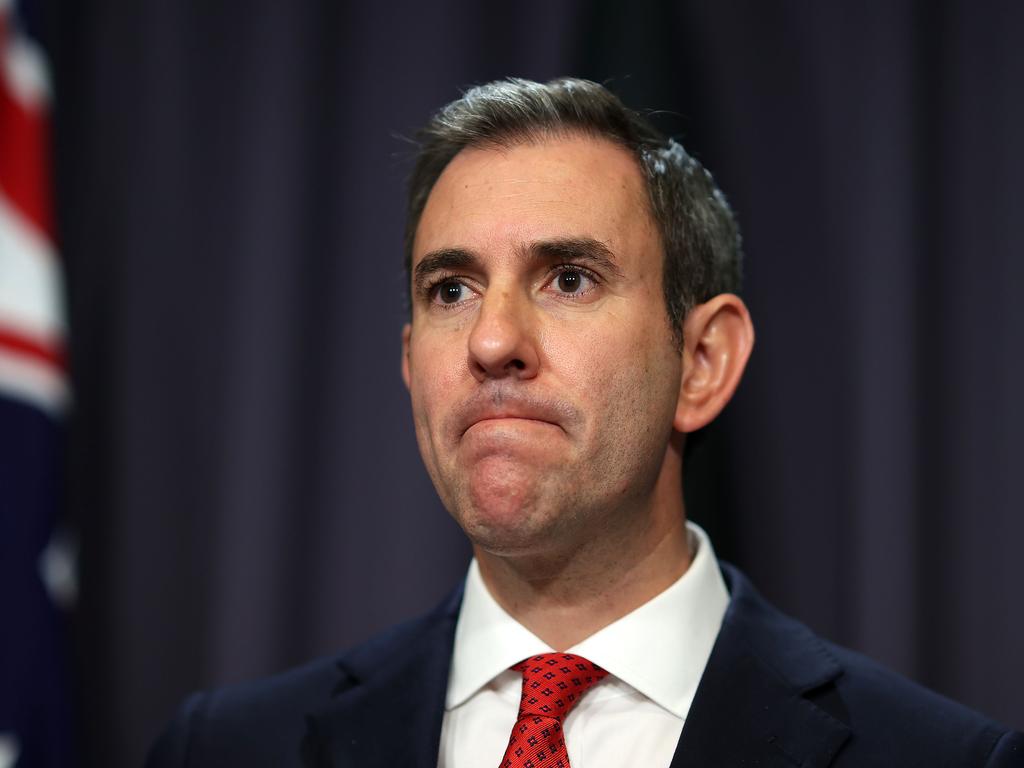
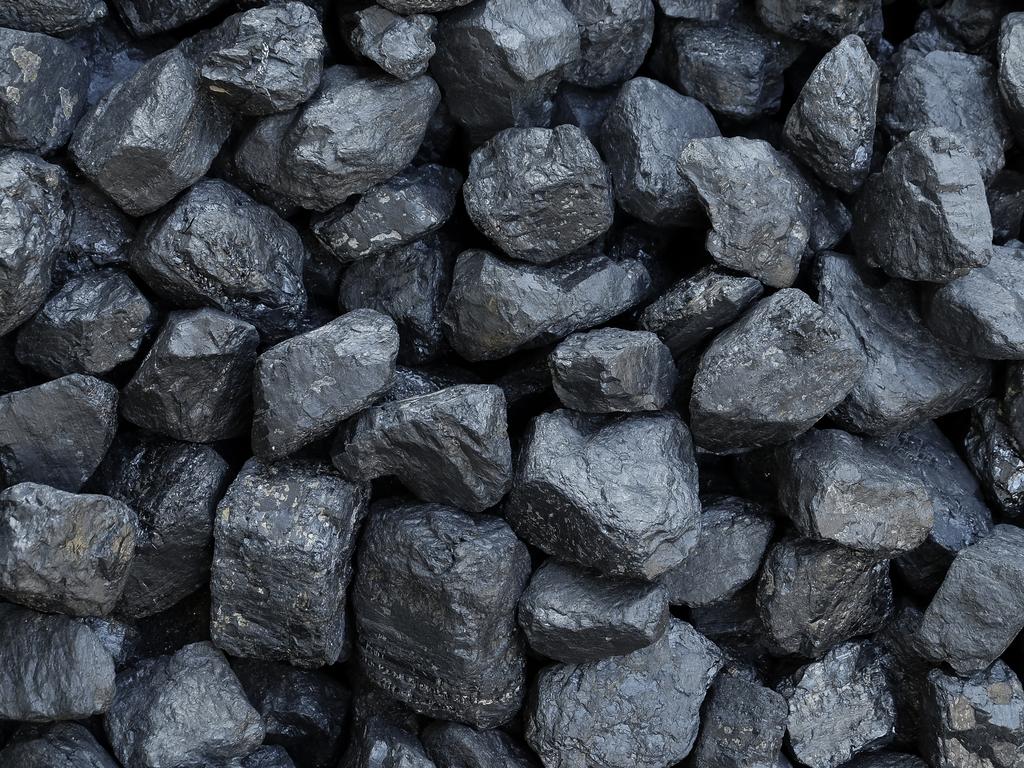
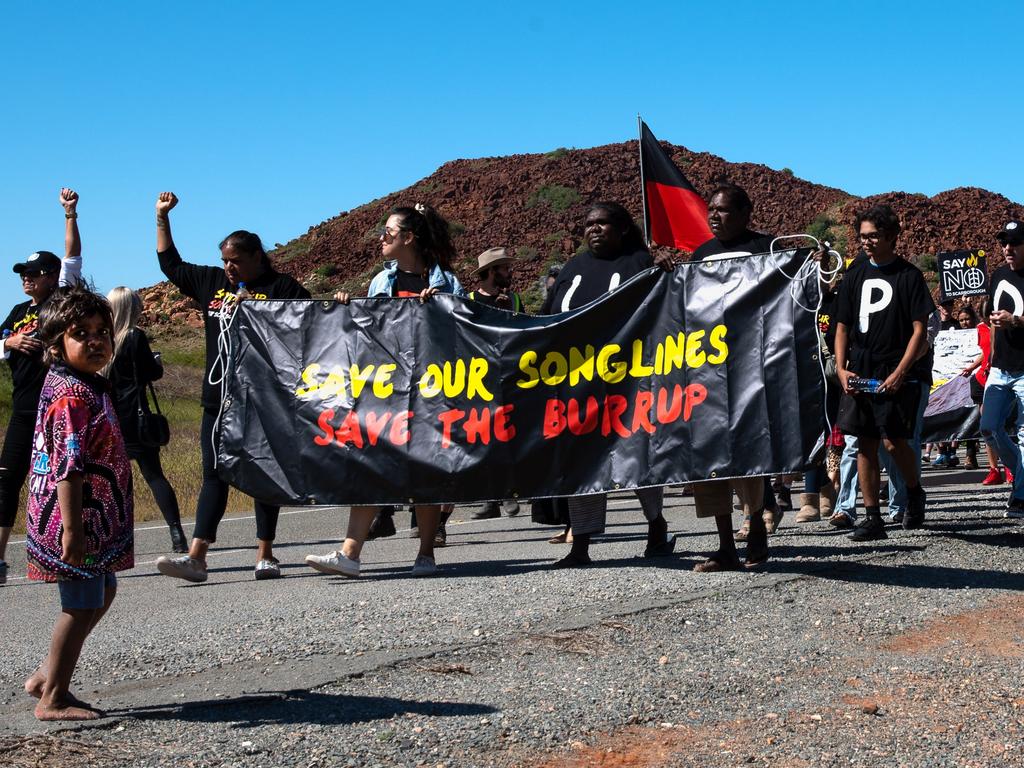


To join the conversation, please log in. Don't have an account? Register
Join the conversation, you are commenting as Logout